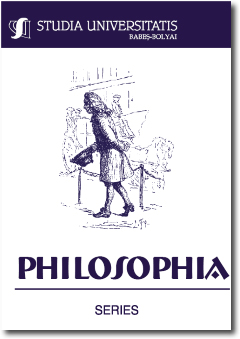BERKELEY AND GERMAN IDEALISM
BERKELEY AND GERMAN IDEALISM
Author(s): Vlad MureşanSubject(s): Philosophy
Published by: Studia Universitatis Babes-Bolyai
Keywords: Berkeley; German idealism; subjective idealism; dogmatic idealism; objectivism; formal idealism.
Summary/Abstract: Schopenhauer praises Berkeley as the first one to introduce the principle of subjectivity as fundamental. In that he is the forerunner of every subsequent idealist philosophy. We set ourselves the task to follow the reception and assessment of Berkeley’s subjective idealism among the leading philosophers of German idealism. Even though they all acknowledge Berkeley’s innovative breakthrough, they are all united in criticizing the limits of his system. Kant distinguishes his own transcendental idealism and empirical realism from what he perceives as a one-sided subjectivism of Berkeley. Fichte and Schelling accuse him of a dogmatic inconsistency and inconsistent renunciation at the purely subjective standpoint because he resorted to an ontological principle to account for the discontinuities in perception. Finally, Hegel blames Berkeley for being tributary to the old metaphysics of the intellect, because his formal idealism only changes the qualification of things as perceptions, leaving unaltered the understanding of the content, which perpetuates the old common-sense and doesn’t access the truth of an authentic conceptual thinking.
Journal: Studia Universitatis Babes-Bolyai - Philosophia
- Issue Year: 58/2013
- Issue No: 2
- Page Range: 85-96
- Page Count: 12
- Language: English

